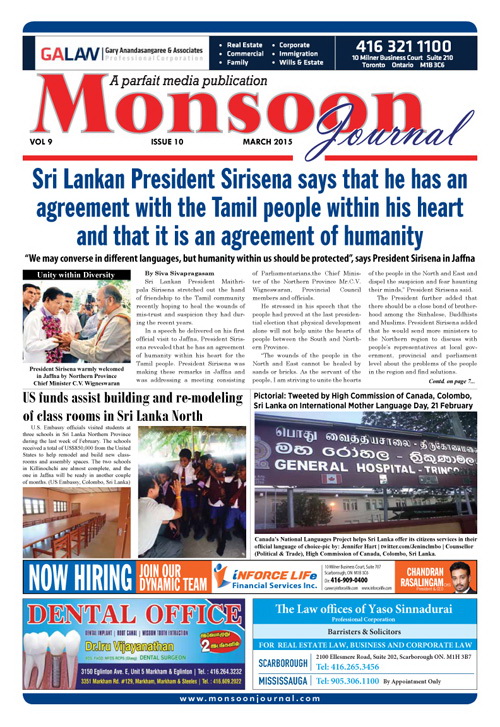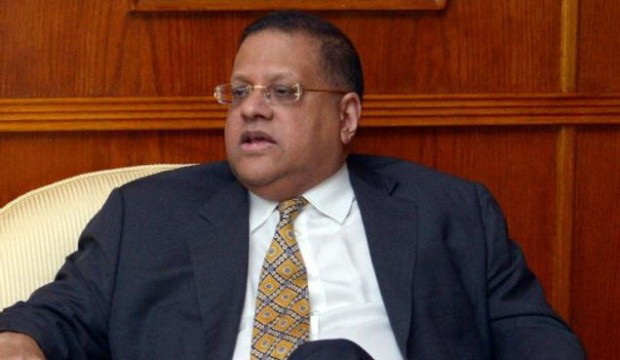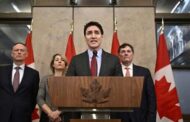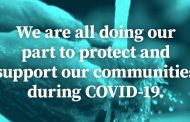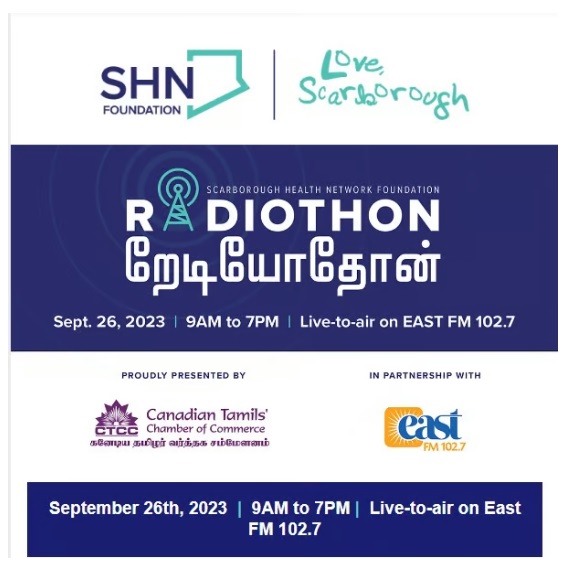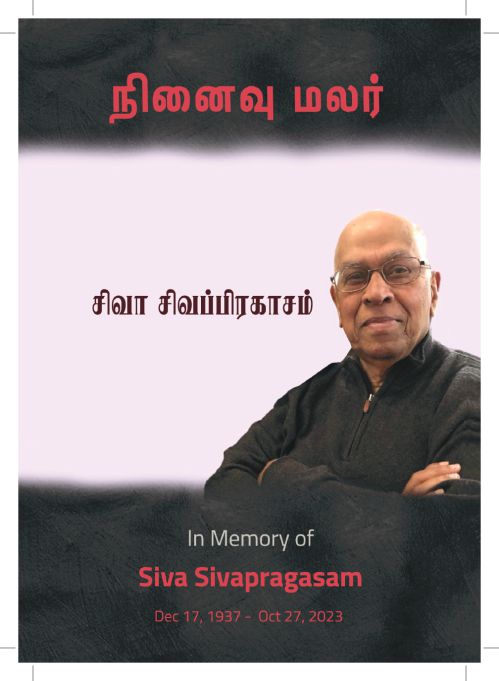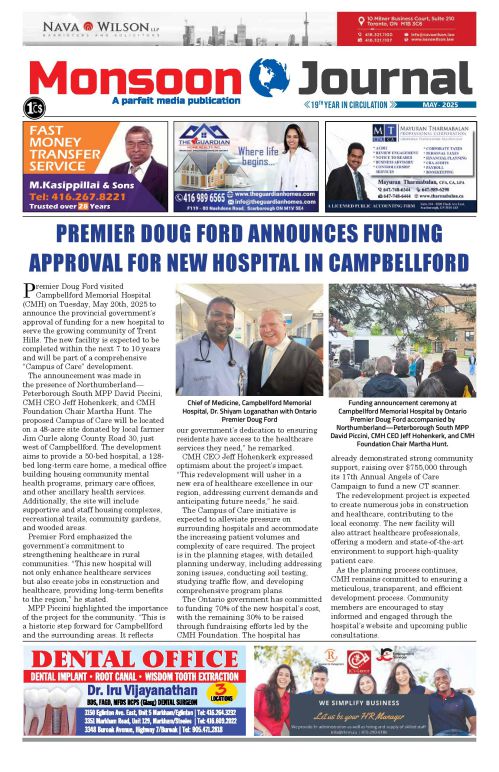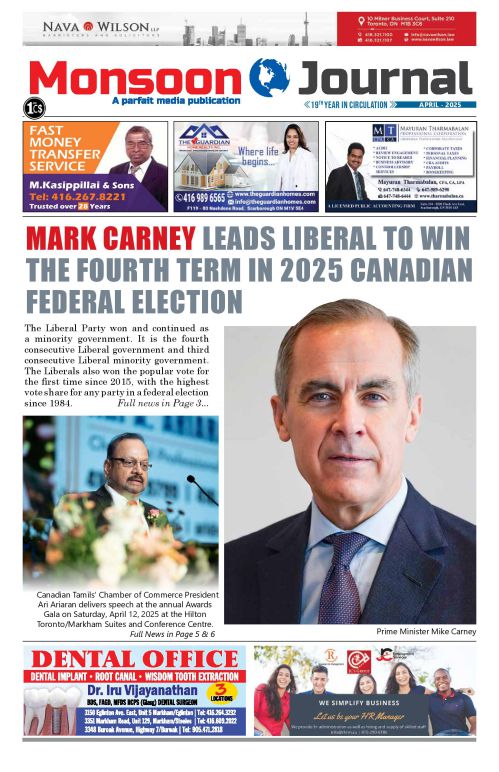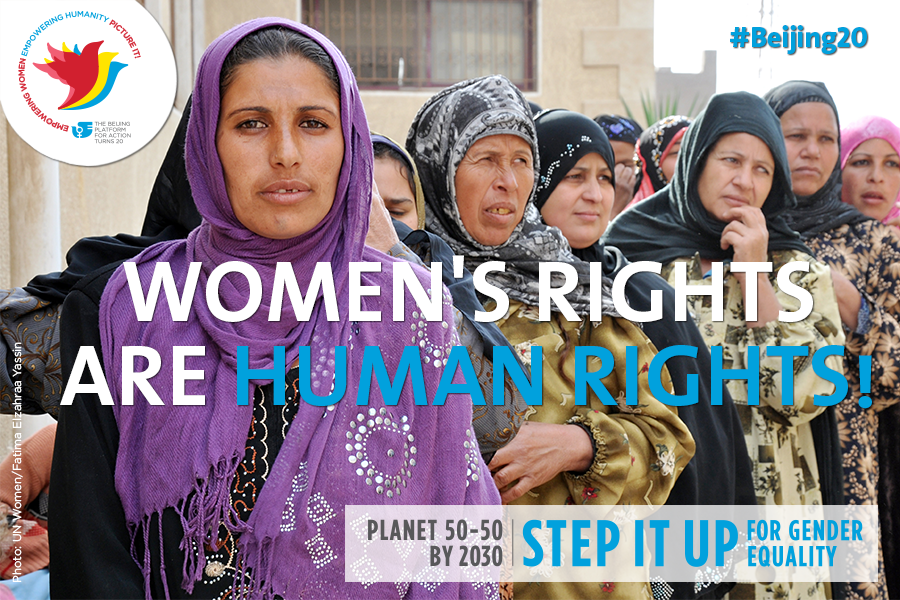
This year International Women???s Day, celebrated globally on 8 March highlights the Beijing Declaration and Platform for Action, a historic roadmap signed by 189 governments 20 years ago that sets the agenda for realizing women???s rights.
The Beijing Platform for Action focuses on 12 critical areas of concern, and envisions a world where each woman and girl can exercise her choices:
1. Women and Poverty
More than 1 billion in the world today, the great majority of whom are women, live in unacceptable conditions of poverty, mostly in the developing countries. Poverty has various causes, including structural ones. Poverty is a complex, multidimensional problem, with origins in both the national and international domains.
2. Education and Training of Women
Education is human right and an essential tool for achieving the goals of equality, development and peace. Non-discriminatory education benefits both girls and boys and thus ultimately contributes to more equal relationships between women and men.
3. Women and Health
Women have the right to the enjoyment of the highest attainable standard of physical and mental health. The enjoyment of this right is vital to their life and well-being their ability to participate in all areas of public and private life.
- Violence against Women
Violence against women is an obstacle to the achievement of the objectives of equality, development and peace. Violence against women both violates and impairs or nullifies the enjoyment by women of their human rights and fundamental freedoms.
5. Women and Armed Conflict
An environment that maintains world peace and promotes and protects human rights, democracy and the peaceful settlement of disputes, in accordance with the principles of non-threat or use of force against territorial integrity or political independence and of respect for sovereignty as set forth in the Charter of the United Nations, is an important factor for the advancement of women.
6. Women and the Economy
There are considerable differences in women’s and men’s access to and opportunities to exert power over economic structures in their societies. In most parts of the world, women are virtually absent from or are poorly represented in economic decision-making, including the formulation of financial, monetary, commercial and other economic policies, as well s tax systems and rules governing pay.
7. Women in Power and Decision Making
The Universal Declaration of Human Rights states that everyone has the right to take part in the Government of his/her country. The empowerment and autonomy of women and the improvement of women’s social, economic and political status is essential for the achievement of both transparent and accountable government and administration and sustainable development in all areas of life.
8. Institutional Mechanisms for the Advancement of Women
9. Human Rights of Women
Human rights and fundamental freedoms are the birthright of all human beings; their protection and promotion is the first responsibility of Governments. The Platform for Action reaffirms that all human rights – civil, cultural, economic political and social, including the right to development are universal, indivisible, interdependent and interrelated, as expressed in the Vienna Declaration and Programme of Action adopted by the World Conference on Human Rights.
10. Women and the Media
During the past decade, advances in information technolgy have facilitated a global communications network that transcends national boundaries and has an impact on public policy, private attitudes and behaviour, especially of children and young adults. Everywhere the potential exists for the media to make a far greater contribution to the advancement of women.
11. Women and Environment
12. The Girl Child
The Convention on the Rights of the Child recognizes that “States Parties shall respect and ensure the rights set forth in the present Convention to each child within their jurisdiction without discrimination of any kind, irrespective of the child’s or his or her parent’s or legal guardian’s race, colour, sex, language, religion, political or other opinion, national, ethnic or social origin, property, disability, birth or status”.
While there have been many achievements since then, many serious gaps remain.
This is the time to uphold women???s achievements, recognize challenges, and focus greater attention on women???s rights and gender equality to mobilize all people to do their part.
To this end, the theme of this year???s International Women???s Day is the clarion call of UN Women???s Beijing+20 campaign ???Empowering Women, Empowering Humanity. More info is available via unwomen.org.
In her message for International Women’s Day 2015, UN Women Executive Director Phumzile Mlambo-Ngcuka says gender parity must be reached before 2030, so that the sluggish trajectory of progress can be reversed that condemns a child born today to wait 80 years before they see an equal world. She calls on all countries to ???step it up??? for gender equality, to reach ???Planet 50-50??? before 2030.
Monsoon Journal joins in the observation of The International Women???s Day and the many achievements that have come since the Beijing Declaration and Platform for Action and galvanize action to address the gaps that still remain in making gender equality a reality.





